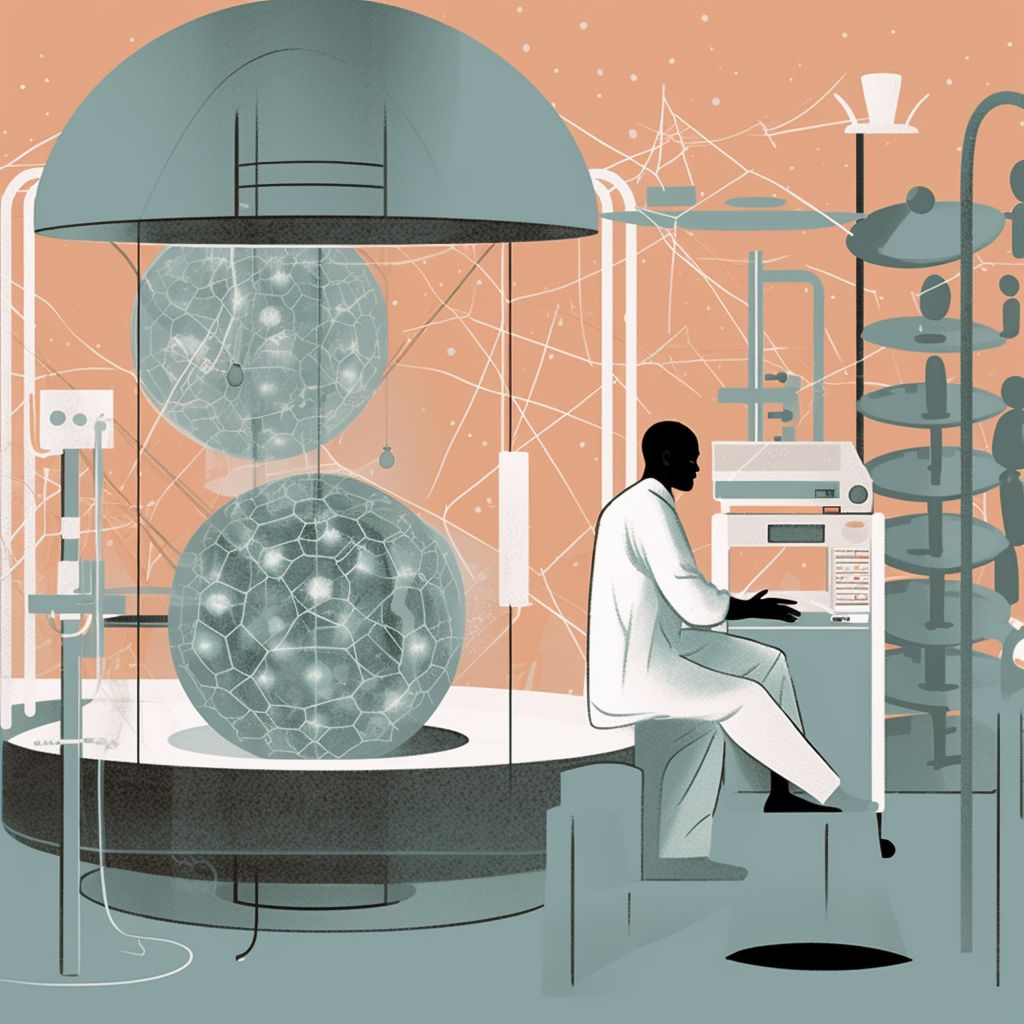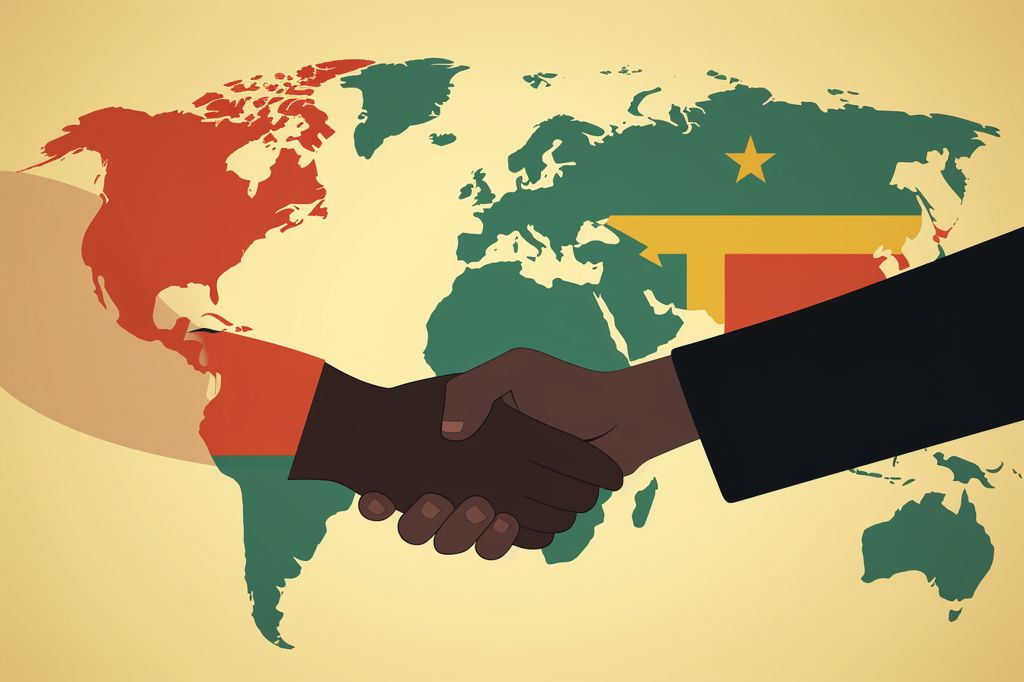On June 9th, 2023, the South African Isotope Facility (SAIF) was unveiled by Dr. Blade Nzimande, the Minister of Higher Education, Science, and Innovation. Supported by the Department of Science and Innovation (DSI), the SAIF is aimed at addressing the growing challenge of cancer in Africa, which is projected to become the leading cause of death on the continent by 2030.
A Comprehensive Solution for Cancer Treatment
Managed by the National Research Foundation, the SAIF is located in Cape Town’s iThemba LABS. The primary goal of the facility is to advance research and training capacity while also increasing radioisotope production capacity, including new and next-generation radioisotopes. The SAIF has procured a dedicated cyclotron with the necessary infrastructure for radioisotope production, allowing the existing separated sector cyclotron to focus exclusively on research and training.
Revolutionary Treatment Method
One of the revolutionary treatment methods for cancer is radioisotope therapy, which targets cancerous cells while causing minimal damage to the surrounding healthy cells. iThemba LABS, which has been producing radioisotopes for over three decades, has become a crucial part of both local and international nuclear medicine and research communities. The facility is one of the few places in South Africa where the entire manufacturing process for medicine occurs, including production facilities, chemical processing, quality assurance and control, sterile filling and packaging, and end-to-end logistics, marketing, and sales.
Increased Accessibility
Presently, iThemba LABS provides specific medical isotopes to South African nuclear medicine clinics that cannot be sourced elsewhere or imported, benefiting around 5,000 patients annually. However, the SAIF’s increased production capacity and the availability of a new cohort of isotopes could potentially increase patient accessibility by a factor of 5 to 7.
A Milestone in Cancer Treatment
The SAIF’s launch is a significant milestone in the fight against cancer. By conducting advanced research, enhancing training capacity, and bolstering radioisotope production, the SAIF will not only help address the growing cancer crisis in Africa but also contribute to global efforts against this dreadful disease.
A Beacon of Hope
The facility has already attracted the attention of researchers, healthcare professionals, and policymakers who recognize the potential of SAIF to revolutionize cancer treatment, especially on the African continent. The SAIF’s diverse range of applications, from cancer therapy to research, highlights the importance of continued investment in science and innovation as key drivers for a better and healthier future.
The South African Isotope Facility is a beacon of hope, providing crucial resources and knowledge in the fight against cancer. As a collaborative effort between the government and the scientific community, it paves the way for a more comprehensive understanding of cancer and the development of innovative treatment methods. The facility’s success will undoubtedly have far-reaching implications not only for South Africa and the entire continent but also for the global community.








